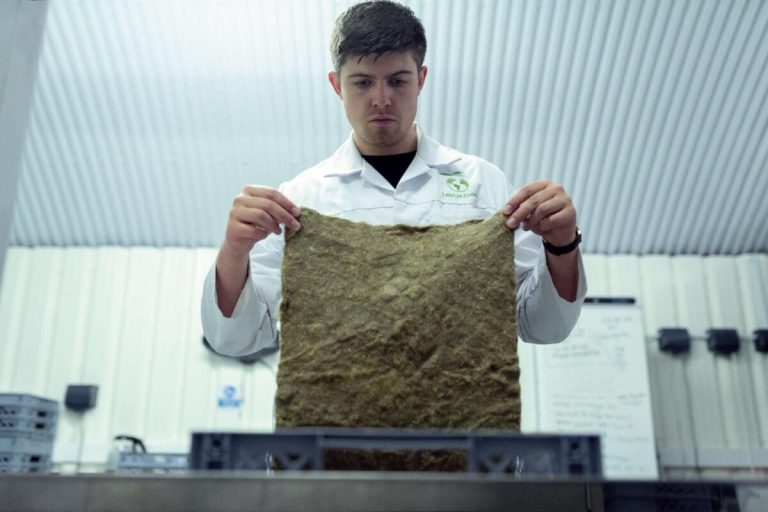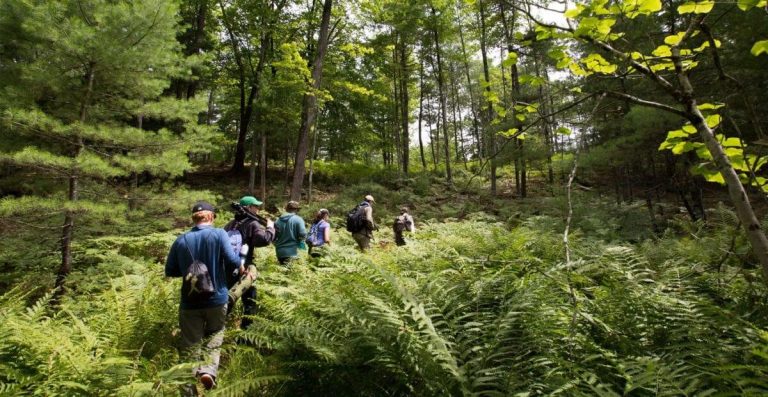
Predator animals like bears, big cats, wolves, and others are often regarded as dangerous, yet majestic. They’re captivating fixtures of nature documentaries, and creatures that many wildlife enthusiasts would be delighted to see out in the world. They’re also incredibly vulnerable. Around the globe, many predator species are struggling to survive in the face of shrinking habitats and changing climate.
The loss of these creatures that claim the top of their respective food chains can have a number of negative effects, and is a phenomenon that needs to be addressed by environmental experts. Here are some of the main reasons why.
Natural Resource Management Professionals Know Predators Balance Ecosystems
A functioning ecosystem will usually include a number of organisms that rely on each other to stay in balance. For example, if there is enough grain to be found, a population of mice could be able to sustain itself, and owls will be able to thrive by feeding off of them. Likewise, a lack of grain could result in a decrease in mice, which could in turn cause a reduction in the number of owls that feed off of them.
It’s important to note that this “bottom-up” connection is not the only one that matters—changes occurring at the top of the food chain can ripple downwards, too. If predators are removed from an ecosystem, prey animal populations can increase substantially, placing undo strain on the foods—typically plants—they use to sustain themselves. This occurred in Yellowstone National Park, which saw massive elk populations stripping the forests when wolf populations disappeared. This harmed the reproductive ability of the plants and degraded the habitat for animals (including elk) that relied on them. Years later, reintroduction of wolves resulted in a reduction of the number of elk, allowing the woodlands to begin their recovery.
The return of wolves to Yellowstone helped promote woodland recovery
Though the presence of predators can be problematic at times, causing fear among some people or occasional losses of livestock, it’s important to remember that their loss carries huge consequences for the rest of the organisms in their territory. Conservation work by professionals with a Natural Resource Management Degree should therefore make predator safety a top priority.
Environmental Professionals Understand How Predation Impacts Climate
The effects of a falling predator population can go far beyond the ecosystem in which the animals live. Through cascading impacts following the addition or removal of predators to an environment, the climate itself can be changed. One study, for example, found that an increased presence of predators was associated with a decrease in CO2 emissions in some environments. This was because the predators kept key plant life protected from herbivorous animals that would otherwise have eaten it, allowing that vegetation to suck up CO2 and keep it from entering the atmosphere. Though this effect was not found to be universally true—in some circumstances, a reduction in predators may result in a decrease in regional CO2 emissions—the finding does demonstrate that predator animals can have a measurable impact on the climate.
Completing an online Natural Resource Management Master’s program at Unity College is an excellent introduction both to conservation ecology, which concerns itself in part with the wellbeing of wild creatures, and to climate dynamics. Graduates will gain insight into the pressing danger posed by heightened CO2 emissions and mitigation efforts to combat them. They will also learn about the effects of management and conservation efforts on the health and wellbeing of organisms around the world. These diverse analytical tools are highly valued in environmental careers, and could help you to make informed decisions regarding efforts to protect the climate, predator animals, or possibly both at once.
Analytical tools gained at Unity College can help graduates promote climate and wildlife health
Are you comparing Environmental Degrees online?
Contact Unity College to learn more about our program offerings.



